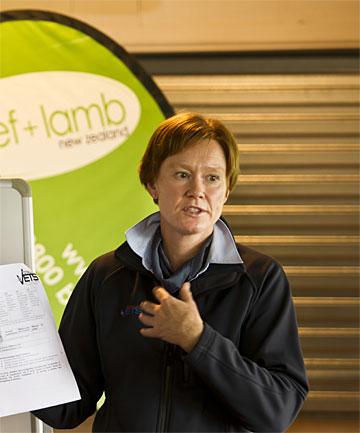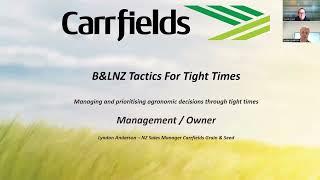Search results
Displaying 451 - 460 results of 1173
- News“The Climate Change Commission rightly points out that the current policy settings are incentivising over-planting of trees on farmland, and that if this is not fixed, it will undermine New Zealand …

- Editable PDF… farmers 11 supplements imported fed farm type feed1 paddocks where fed amount imported dry … fed supplements fed out from storage type feed1 paddocks where fed amount fed dry weight animals fed supplements made farm type feed1 paddocks where made paddocks where fed …
- NewsInternational Emissions Trading Schemes and Forestry Review for B+LNZ (PDF, 2.7 MB) International Emissions Trading Schemes and Forestry Summary Report 2023 (PDF, 1MB) Beef + Lamb New Zealand (B+LNZ) …

- VideoFollowing our B+LNZ Central and South Canterbury Farming for Profit webinars: Tactics for tight times – Financial Farm Resilience in August 2022. Hear from Lyndon Anderson, Carrfields Grain + Seed’s …
- … regional councils are continuing with their planning processes and we’re seeing some … bottom lines or redouble efforts to pause the planning process – we need to stop those …
- Other PDF… crops delay lamb processing has resulted feed deficit nearly 200t impact performance … nitrogen plan additional applications 120t feed benefit having come through relatively … ewes proviso ewes too light spring 40t feed saving ewe mating has been delayed 3 days …
- Podcast… farmers in any autumn, but in particular when feed is tight. We talk about internal …

- … functionality provided by OSPRI. Do not feed uncooked food waste to pigs. Become … to undertake existing work on response planning, including things like staff training, business continuity planning, and participation in foot and mouth …
- Factsheet… equity tied your farm succession retirement planning purposes elements needed success … which included budgets relating financial feed requirements well production next 3 years …
